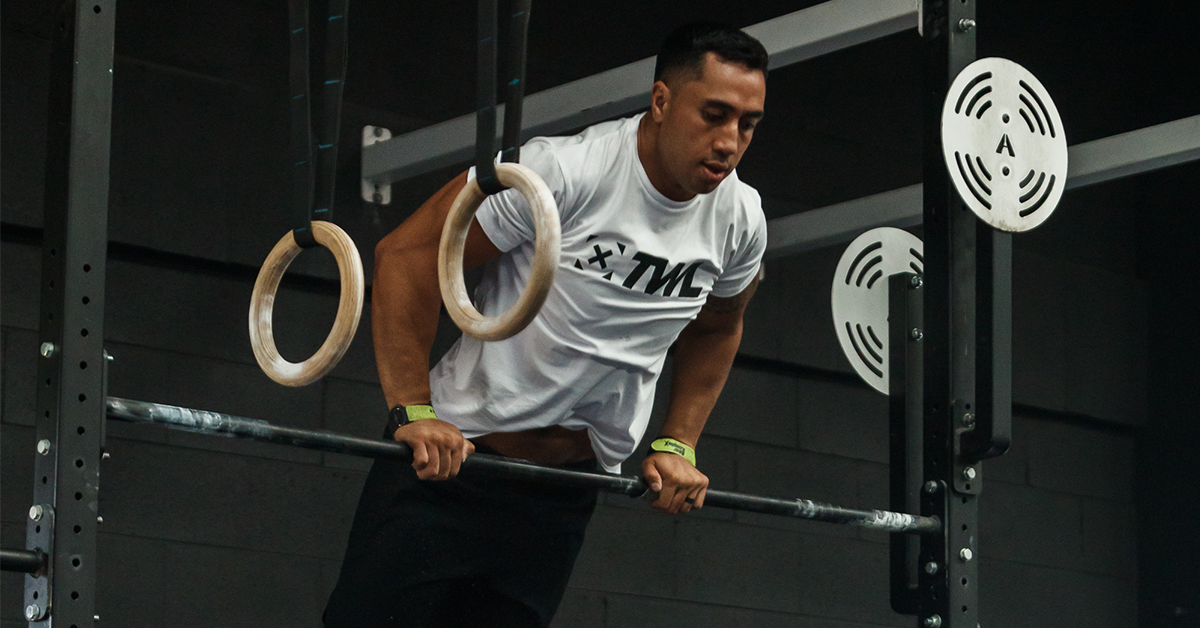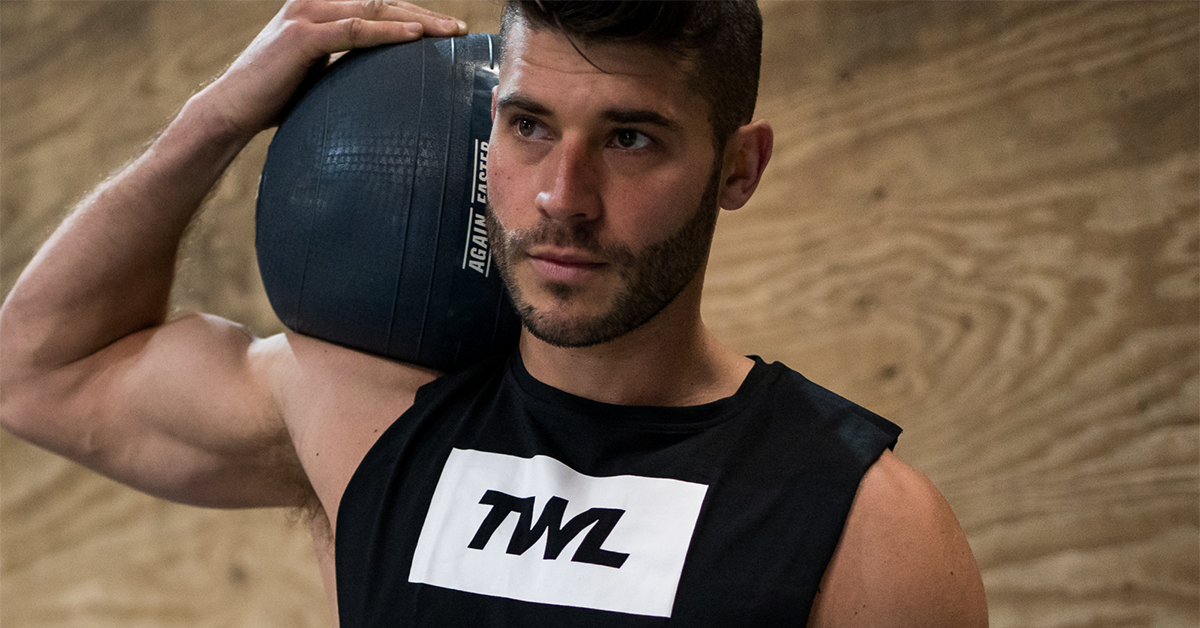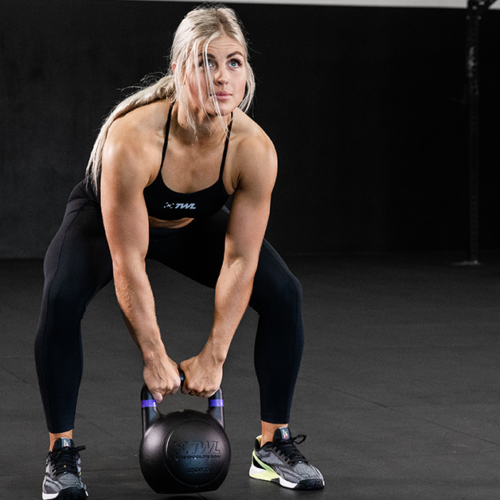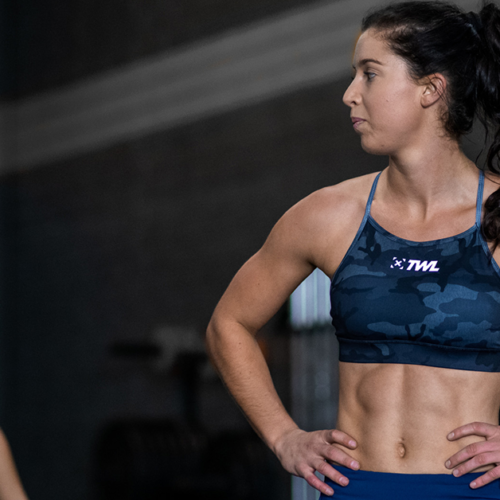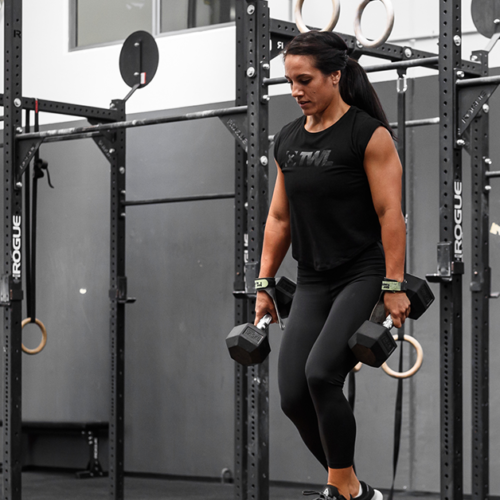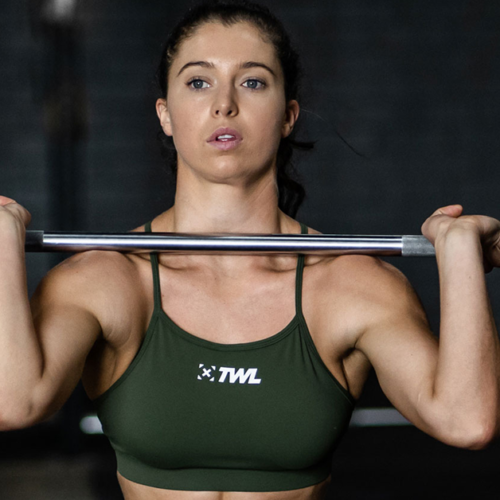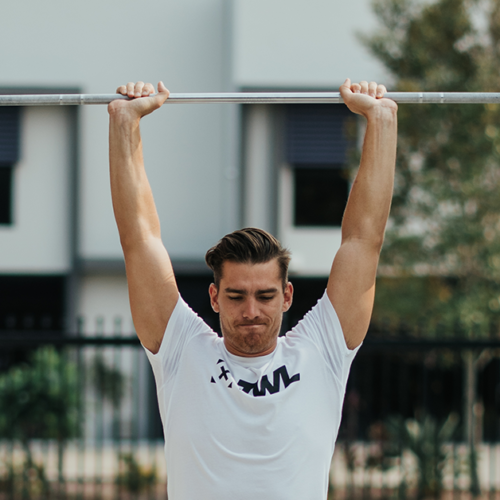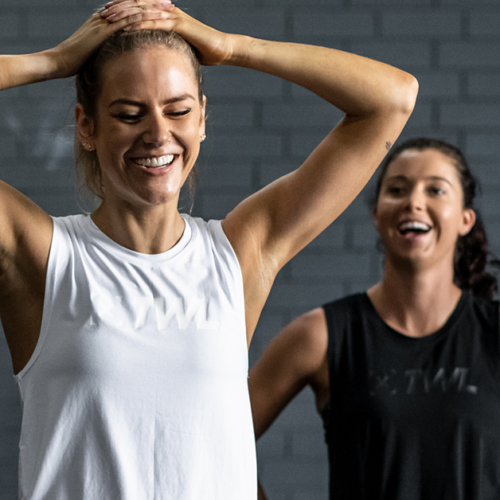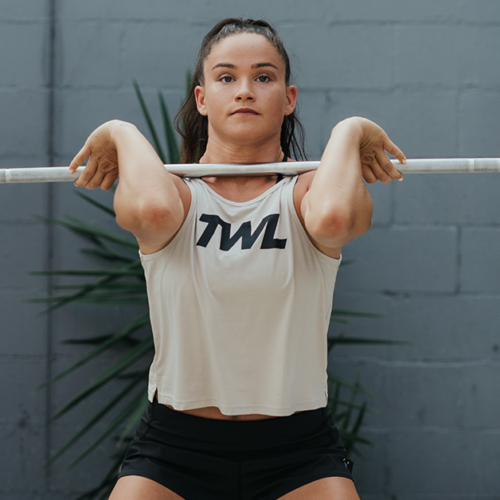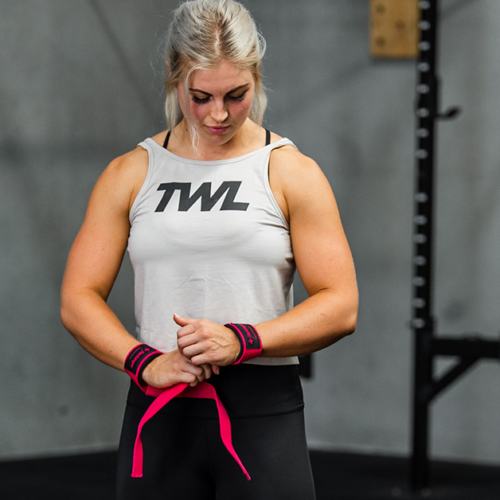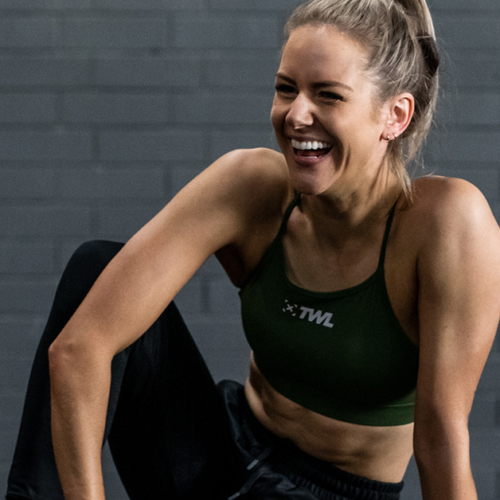Everyone starts somewhere. The best thing about functional fitness is that anyone can join — it doesn’t look at your gender, age, or fitness level. This is possible because anyone can scale their workout. Scaling allows you to stay challenged but never so much that you can’t accomplish anything. There are, however, a number of things to consider before you modify a workout.
When you’re at a point where you feel your workout is too easy or hard, it’s time to scale. Simply, scaling means increasing or decreasing the intensity of your workout.
As a beginner, you may be lost on how to scale your workout, since there is no one-size-fits-all approach. Here are some tips you should keep in mind.
7 Helpful Scaling Tips for Beginners
1. Track Your Progress
It’s good to have an overview of how much progress you’re making. Physically, you will notice how different the workout feels as time progresses, but it’s also good to have a written record of all your achievements. With this, you can more accurately scale your training — and also know when it’s time to make things more challenging.
This is why we love using a journal to track our progress.
For example, if you know you’re now able to consistently connect kipping pull-ups for five reps unbroken during your training, you can probably get through a workout without a band.
2. Know Your Limits
It’s easy to get intimidated when you first enter the box. There are six packs everywhere and people lifting loads that you would have never imagined possible. Remember that all these people used to be where you are now. Instead of comparing yourself to others when you’re considering scaling options, be realistic and listen to your body. Overestimating yourself can cause injury and withhold your progress. You can’t achieve a higher level without building a solid foundation.
3. Don’t Underestimate Yourself
If you’ve kept up with your WODs, then you probably have the strength and grit to start upping the challenge. Remember, it’s far better to have consistent small victories than to have one big achievement and stop there. Keep your goals in your mind and remember that it’s possible.
Bear in mind that increasing the challenge can be as simple as taking less rest between reps, or performing five thrusters at a time instead of sets of two and three.
4. Keep Challenging Yourself
Again, consistent development is the key to success. You need to keep on challenging yourself instead of just being satisfied that you were able to go through the motions. Reached a goal? Good. Increase the scale and make that your new goal. Fitness is an ongoing process, and hitting a plateau simply because you’ve stopped working harder will put you on the fast track to Nowhere Land.
5. Don’t Be Scared to Ask for Help
Fitness can be tough to do on your own. You’ll likely need the help and support of others, and that’s not a bad thing. Whether you’re still trying to process all the terminology or learn more about the equipment, don’t hesitate to ask questions. Functional fitness is a community where everyone is more than willing to help. A coach can help you find the right workout or scale an existing one in the way that is best for you. They have a unique perspective that you don’t.
6. Compete With Yourself, Not Others
Although you’re part of a community, you should remember that everyone around you is not a competitor. With people being on different fitness levels, the focus should be on yourself — you’re scaling for you, not them. Find how you can push yourself to do better by making your own path. If you’re interested in joining competitions, build a base first and then show them what you’ve got.
7. Consider the Intended Stimulus
When scaling, keep in mind what the point of the workout is. If it asks for max effort across two minutes, you need to be managing weights and reps you can move quickly but still be challenged. This might mean, for instance, that even though your max deadlift is 100kg, you need a weight you can quickly cycle for reps of five unbroken — so, something significantly lighter than your one-rep.
A two-minute workout shouldn’t turn into a 15-minute workout because your weights were too heavy. Functional fitness requires you to leave your ego at the door. Don’t use unreasonable weights just because you want to do a WOD Rx’d. Truly, you’re only doing yourself a disservice!
Functional fitness was designed to be scaleable. That’s what makes it so effective. You should do your best to take advantage of this feature. Remember, small, consistent steps are important in achieving progress.
Need more help? Learn how to scale pull-ups (without a band), pistols, and bar muscle-ups.





